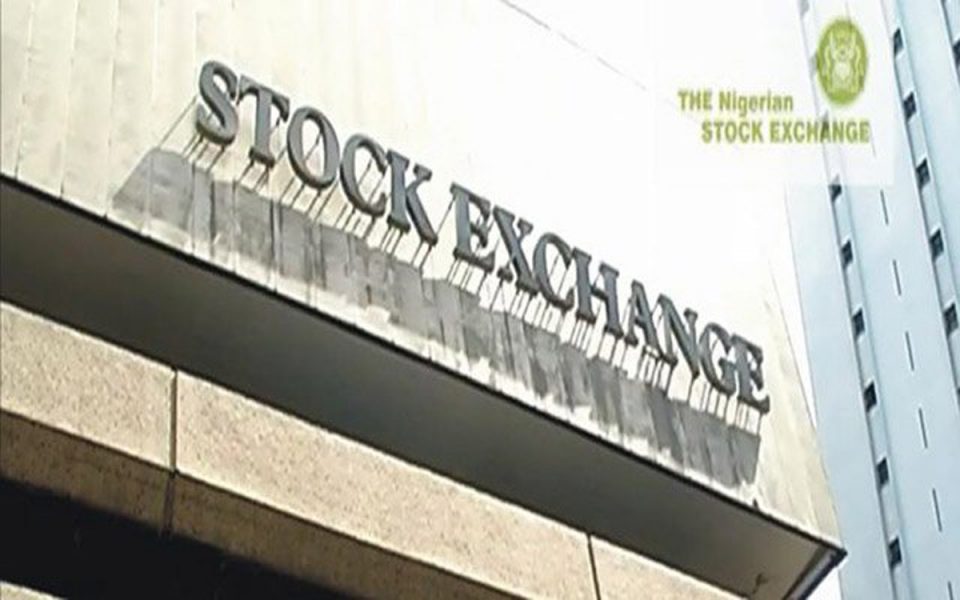…Blame weak economic recovery, insecurity, capital flight
…Urge govt. to prioritise critical sectors, incentivize listed firms
Worried by over N2 trillion losses recorded by stock market investors in the last three years, experts have urged the government to tackle insecurity issues and other macroeconomic concerns impeding efforts to attract the needed investment into Nigeria.
The experts, who noted that the Nigerian economy has not witnessed a sustained economic boom, argued that the outputs and incomes increases required to propel investments in shares have been unavailable in the last five years,
Specifically, the market capitalisation, which stood at N15.691 trillion on January 26, 2017, was down to N12.769 trillion on June 30, 2020, representing N2.922 trillion or 22.8 per cent fall.
Also, the All-Share Index, which opened at 43,773.76 during the same period, lost 19,294.54 points, plummeting to 24,479.22.
Analysts linked the current market instability to security challenges bedevilling the nation, which they claimed had aggravated apathy in investment, especially on the part of foreign investors.
According to them, the prolonged recession in Nigeria’s economy has continued to create doubt about the macroeconomic and monetary outlook as well as affect investment decisions at the capital market.
These constraints are exacerbated by the COVID-19 crisis, currently the global economy and on the verge of pushing the Nigerian economy back into recession.
The Federal Government had in March, imposed a lockdown in Lagos and Ogun states as well as Abuja (which have the highest number of coronavirus cases combined).
Other states quickly followed by imposing lockdowns in their states. Nigeria has a burgeoning economy as well as a large informal sector, which contributes about 65 percent of its economic output.
Therefore, movement restrictions have not only reduced the consumption of nonessential commodities in general but have affected the income-generating capacity of this group, thus reducing their consumption expenditure.
The outbreak of COVID-19 and rising incidence in Nigeria, also calls for drastic review and changes in the earlier revenue expectations and fiscal projections.




